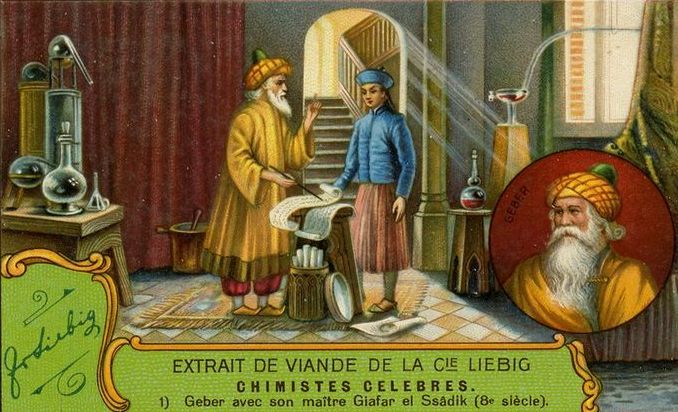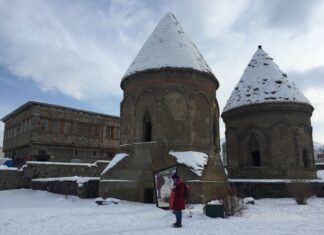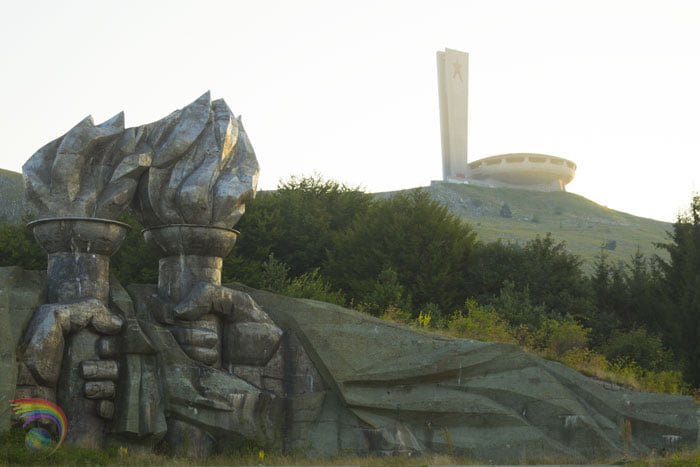Political Instability and Stambolisky’s Role
During the reign of King Boris III, Bulgaria experienced a period of political instability. Different prime ministers came to power, but many were quickly removed, either through coups or by using harsh measures against their rivals. One of the most important leaders of this time was Aleksandar Stambolisky, head of the Agrarian Party.
Stambolisky tried to improve Bulgaria’s economy and society by introducing reforms, especially land reform, which aimed to support farmers and reduce inequality. His policies gained both supporters and enemies. However, in June 1923, his government was overthrown in a violent coup. Soon after, Stambolisky was captured and brutally murdered. His death marked the beginning of a troubled political era for Bulgaria The Death of King Boris and German Control.
Bulgaria Turns to Central Europe
After the fall of Stambolisky, Bulgaria struggled to find reliable allies. The rise of Dr. Stoyadinovich, a pro-fascist leader in neighboring Yugoslavia, pushed Bulgaria even more toward closer relations with Central European powers. Since Bulgaria could not expect much help from the Soviet Union or from its Balkan neighbors, the government increasingly turned to Germany and Italy for support.
In 1930, King Boris strengthened these ties by marrying Princess Giovanna, the daughter of King Victor Emmanuel III of Italy. This royal marriage brought Bulgaria and Italy closer together, not only through diplomacy but also through cultural and symbolic connections.
The Balkan Conference and the Balkan Pact
That same year, 1930, the Balkan Conference took place. During this meeting, Yugoslavia and Romania worked hard to prevent Bulgaria from making territorial claims. These countries feared that Bulgaria would try to reverse the peace settlements made after World War I, which had forced her to give up lands.
In 1934, the Balkan Pact was signed by Greece, Turkey, Yugoslavia, and Romania. The main purpose of this agreement was to keep Bulgaria isolated and to stop her from regaining lost territories. This left Bulgaria with very few allies in the Balkans and pushed her even further into the orbit of Germany and Italy.
King Boris Becomes Absolute Ruler
In 1935, King Boris achieved full control over Bulgaria. He ruled as an absolute monarch without political parties or organized opposition. His government focused on strengthening ties with Germany, which soon became Bulgaria’s most important economic partner. By 1939, Germany was buying 67% of Bulgaria’s exports and providing 65% of its imports Private Turkey Tours.
These economic links only deepened during World War II. Bulgaria allied itself with Germany, hoping that this partnership would help restore lands lost after World War I. This expectation partly came true when southern Dobrudja, previously held by Romania, was returned to Bulgaria in 1940.
The reign of King Boris III was marked by political repression at home and growing dependence on Germany and Italy abroad. Bulgaria’s hopes for national restoration tied the country closely to the Central European powers, shaping its role in the turbulent years leading to and during World War II.








